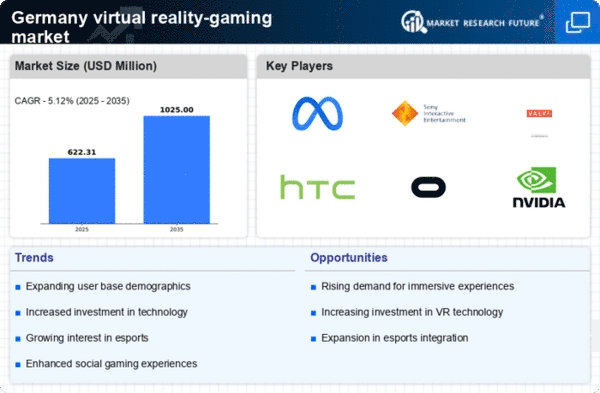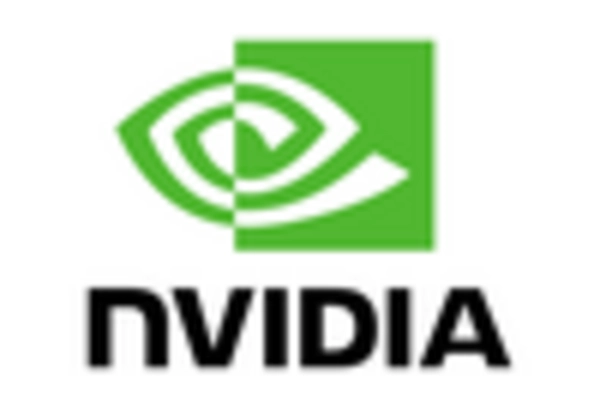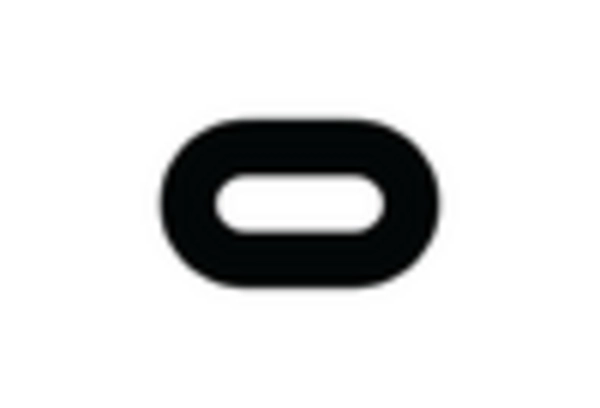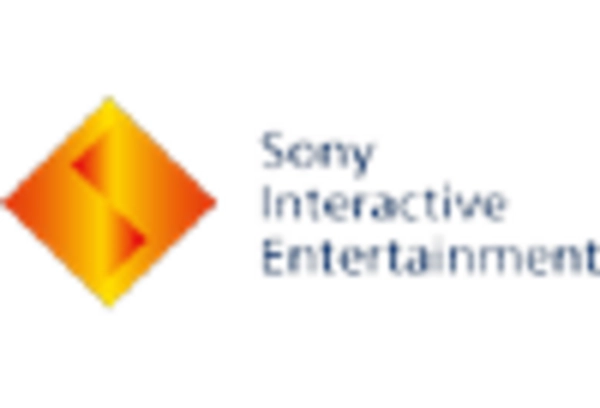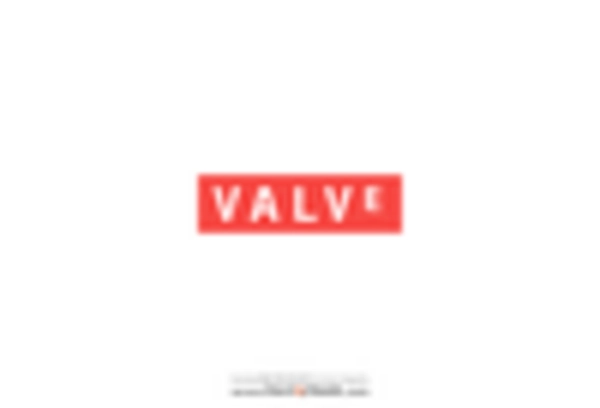Growing Popularity of Esports
The rise of esports in Germany is significantly impacting the virtual reality-gaming market. With an increasing number of esports tournaments incorporating VR games, the audience for these experiences is expanding rapidly. In 2025, the esports market in Germany is expected to surpass €400 million, with VR gaming constituting a notable segment. This trend indicates a shift in how gamers engage with competitive gaming, as VR offers unique gameplay experiences that traditional formats cannot replicate. The integration of VR into esports not only enhances viewer engagement but also encourages developers to create more VR-compatible titles. Consequently, the virtual reality-gaming market is poised for growth as it aligns with the burgeoning esports ecosystem, attracting new players and audiences alike.
Expansion of VR Gaming Communities
The formation and expansion of VR gaming communities in Germany are playing a crucial role in the growth of the virtual reality-gaming market. These communities foster social interaction among gamers, enhancing the overall gaming experience. Platforms that support multiplayer VR games are gaining traction, allowing players to connect and compete in immersive environments. In 2025, it is projected that the number of active VR gaming community members in Germany will exceed 1 million, indicating a strong interest in collaborative gaming experiences. This social aspect not only retains existing players but also attracts newcomers who seek a sense of belonging within the gaming landscape. Consequently, the virtual reality-gaming market is likely to thrive as these communities continue to grow and evolve.
Increased Investment in Game Development
Investment in game development for the virtual reality-gaming market in Germany is on the rise, driven by both established companies and startups. As developers recognize the potential of VR gaming, funding for innovative projects has increased significantly. In 2025, it is estimated that investment in VR game development will reach €300 million, reflecting a growing interest in creating diverse and engaging content. This influx of capital allows for the exploration of new genres and gameplay mechanics, which can attract a broader audience. Furthermore, partnerships between tech companies and game developers are becoming more common, fostering collaboration that enhances the quality of VR games. As a result, the virtual reality-gaming market is likely to benefit from a rich array of new titles, catering to various gaming preferences.
Technological Advancements in VR Hardware
The virtual reality-gaming market is experiencing a surge due to rapid technological advancements in VR hardware. Innovations such as improved graphics processing units (GPUs) and lightweight headsets enhance user experience, making VR gaming more immersive. The introduction of high-resolution displays and advanced motion tracking systems has led to a more realistic gaming environment. In 2025, the market for VR hardware in Germany is projected to reach approximately €1.5 billion, reflecting a growth rate of around 20% annually. This growth is driven by consumer demand for high-quality gaming experiences, which encourages manufacturers to invest in cutting-edge technology. As a result, The virtual reality-gaming market is likely to expand. It will attract both casual and hardcore gamers who seek the latest in gaming technology.
Supportive Government Policies for Tech Innovation
Government policies in Germany are increasingly supportive of technological innovation, which positively influences the virtual reality-gaming market. Initiatives aimed at promoting research and development in VR technology are being implemented, providing funding and resources for startups and established companies alike. In 2025, government investment in tech innovation is expected to reach €200 million, with a portion allocated specifically for VR-related projects. This support encourages the development of new technologies and applications within the gaming sector, fostering a conducive environment for growth. As a result, the virtual reality-gaming market is likely to benefit from enhanced technological capabilities and a more vibrant ecosystem, attracting both domestic and international players.

